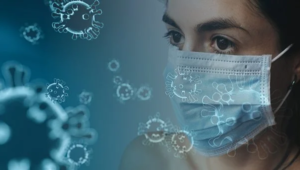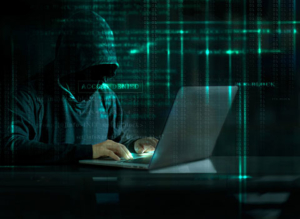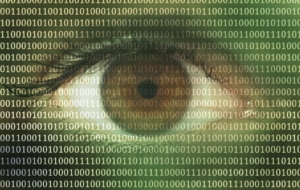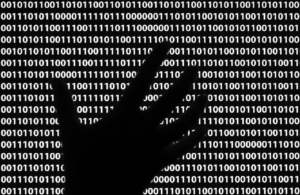Avoiding COVID-19 Vaccine Scams
I was on the Dr Oz show discussing Covid-Vaccine Scams. There’s no “low” for scammers. Even in death, they wish to exploit their victims.
People are working around the clock to get the COVID-19 vaccine out to the masses. Others are working around the clock, too: scammers.

Here are some of the most common COVID-19 vaccine scams out there and how you can avoid them:
COVID-19 Vaccine Scams with Copays
One of the scams to look out for is the co-pay scam. The US government is working to make the vaccine free for American citizens, so you should never, ever pay for a co-pay unless there is some other type of administration fee. However, you should only pay this at the time you get the vaccine.
Scams Offering Alternative Cures
There are also an increasing number of alternative “cures” out there, i.e. products that claim they kill viruses. These just don’t work. Instead, social distance, avoid gathering with other people, wash your hands, and wear a mask.
Scams Offering a Place on a Vaccine List
If you have recently gotten a call, email, or text asking to add your name to a list to get the vaccine sooner…for a fee…this is a scam. There is no “paid waiting list” for the vaccine, technically, but sometimes you can pre-register depending on where you live. Never, ever pay to get on a list for this vaccine.
Scams Asking for Personal Information
There are also scammers out there that are targeting people’s personal information. Basically, you might get a text, email or call from someone claiming they will get an appointment for you to get the vaccine… but really, this is just to get your personal info like your Social Security number so they can steal your identity. Don’t give your info out to anyone!
COVID-19 Vaccine Scams Claiming You Can “Jump the Line”
We all have to wait our turns to get the vaccine, so you shouldn’t jump at an offer to move ahead of the line. Your local health officials will post schedules online, and you might even be able to use an interactive checker to see when your turn might be.
You might be wondering when you might be eligible to get the COVID-19 vaccine. It will depend on a number of factors including your occupation, your age, your health status, and even where you live. Health care workers are slated to get the vaccine first, followed by those who live and work in long-term care facilities.
Other people who will get priority for the vaccine include essential workers, people with underlying health conditions, and adults who are older. It is estimated that the vaccine will not be available to the “general adult” population until late spring or the summer of 2021, or even later. So, keep practicing safe habits, and watch out for scams.
Written by Cyber Security Expert Robert Siciliano, CEO of Credit Parent, Head of Training & Security Awareness Expert at Protect Now, #1 Best Selling Amazon author, Media Personality & Architect of CSI Protection Certification.

 Account Takeovers
Account Takeovers
 For example, we do things like text and drive, we don’t get flu shots that can stop us from getting sick, and we hoard things like toilet paper…Dan Ariely, a professor from Duke University, has some reasons for this.
For example, we do things like text and drive, we don’t get flu shots that can stop us from getting sick, and we hoard things like toilet paper…Dan Ariely, a professor from Duke University, has some reasons for this. As with any other phishing scam, vigilance is extremely important. We are certainly going to have to keep on our toes for months, or even years, as this fallout from the pandemic could be around for a long time.
As with any other phishing scam, vigilance is extremely important. We are certainly going to have to keep on our toes for months, or even years, as this fallout from the pandemic could be around for a long time. Relief Fund Scams
Relief Fund Scams 























